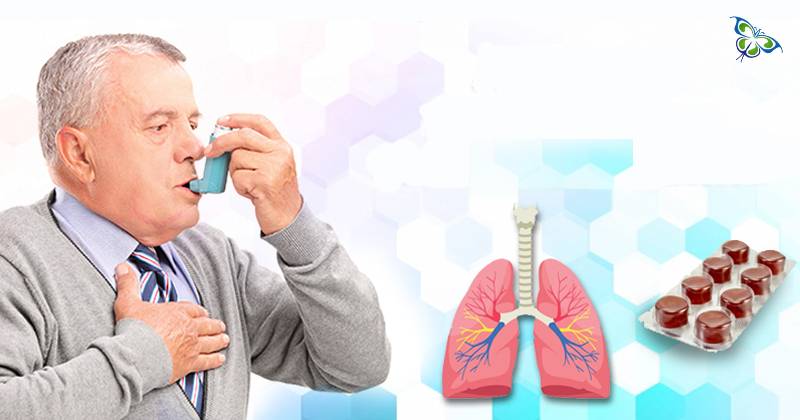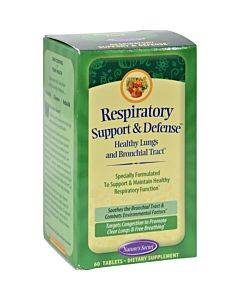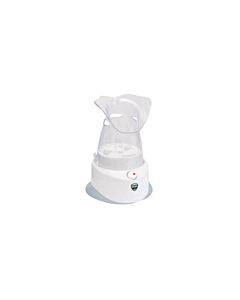Asthma: Types, Symptoms, Treatment, and Queries

With increasing pollution, people are suffering from several air-borne diseases and asthma is one such sickness, which may develop genetically or sometimes through allergies.
According to the Centers for Disease Control and Prevention (CDC), 1 in 13 people has asthma. Approximately, 25 million Americans have asthma, which includes both adults and children. It is a fact; our environment is not going to get cleaner any soon and it is most likely that asthmatic patients will always be on the rise. Hence, it is highly beneficial to understand the disease and know how to deal with it.
What is Asthma?
Asthma is an unyielding disease that affects our lungs. It narrows and inflames the airways and produces extra mucus which in turn causes difficulty in breathing, wheezing, chest discomfort or bronchospasm, and coughing.
What are the types of Asthma?
• Allergy-induced Asthma: this is the most common type of asthma and is caused when an allergen enters the body and causes a reaction. When an allergy-induced asthma patient encounters an allergy-triggering substance, the body produces Immunoglobin E which causes inflammation of the lungs. Some triggering substances are Pollen, Dust, Fungi, Mold, Pet hair or skin flakes, etc.
• Exercise-Induced Bronchoconstriction (EIB): when a person experiences shortness of breath while exercising it is termed as Exercise-Induced Bronchoconstriction or EIB. Exercising is not a cause of asthma, but a trigger. Exercising in dry air, pollution, and smoking cigarettes increases the risk of EIB.
• Cough-Variant Asthma (CVA): those experiencing CVA suffer from a dry, persistent cough. The most common symptoms include chest tightness, shortness of breath, wheezing, and asthma attacks. CVA can cause severe risks like collapsed lungs, pneumonia, permanent narrowing of bronchial tubes, and even fractured ribs.
• Occupational Asthma: people who work around chemicals and fumes may suffer from occupational asthma. Asthma gets triggered by the irritant air they breathe in. Occupational asthma is prevalent among workers involved in bakeries, Drug factories, Detergent factories, Plastic or metal workers, laboratory workers, and farmers.
• Non-Allergic Asthma: it is so termed because asthma is not triggered by an allergen. It can happen due to a change in weather conditions, or a medication side-effect. Stress can sometimes trigger asthma in a person.
Causes of Asthma
The exact underlying cause of Asthma is yet not known. Asthma in people is also triggered due to genetic factors or environmental conditions. Allergy, smoke, medications, weather, are all triggers of asthma and act differently for different people. What are the early symptoms of Asthma? It is important for us to know the early symptoms of asthma. We may not be able to cure them but prevent the situation from worsening. These are the early signs of asthma:
- Frequent coughs mostly at night
- Shortness of breath
- Quick exhaustion while exercising
- Wheezy breath
- Troubled sleep
- Allergies
What are the medications involved in Asthma?
1. To relax inflammation in the bronchial tubes Nebulizer is used. Nebulizers vaporize liquid medicine to mist and pass it through the airways as a relaxant.
2. Inhalers are J-shaped portable devices with a canister adjusted with them. It contains asthma medicine that is pumped through the mouth in the form of powder or mist. It contains corticosteroids or bronchodilators to control the precise condition.
3. For severe conditions, Biological Drugs can be injected once or twice a month. These are called immunomodulators; these reduce a certain amount of white blood cells in a person’s body to reduce reactions to allergens.
4. Oral medicines are also available in the form of pills to effectively clear the airways.
Possible queries about Asthma:
1. Is Asthma curable?
No, Asthma cannot be completely cured but can be effectively treated.
2. How is Asthma measured?
Asthma is measured through spirometry. A spirometry test indicates how much air is breathed in and out of a lung. An assigned doctor compares that to the normal measurement to determine whether it is asthma.
3. What food triggers asthma?
Food allergies can trigger asthma. Eggs, nuts, fishes, shrimps, soy are foods associated with allergies.
4. Can asthma cause a heart attack?
Active asthma can cause cardiovascular events like a heart attack or stroke.
5. How do you calm asthma naturally?
Drinking caffeinated tea or coffee; inhaling eucalyptus oil or mustard oil fumes; sitting upright; slow breaths. These remedies can be attempted to calm down the asthma attack naturally.
6. Can asthma become cancerous?
Asthma patients, smokers or non-smokers, do have the risk of getting lung cancer resulting from persistent lung inflammation.

7. Do inhalers damage the lungs?
Overusing inhalers can cause trouble because of powerful chemicals being discharged into the lung.
8. How long does it take for an inhaler to function?
Rescue-inhalers provide relief in 15-20 minutes and last for 4 to 6 hours.
9. What to eat when having asthma?
Beta-carotene-rich vegetables like carrots and green vegetables; magnesium-rich foods like spinach and avocados; vitamin-D-rich foods like cheese and milk.
10. Can asthma cause death?
- Yes. Asthma attacks can be deathly. An asthma attack does not allow you to get enough oxygen to breathe. If not diagnosed in time, it can prove fatal.
CDC estimates that about 9 people in America die of Asthma each day. It has happened several times that a person has developed a severe asthmatic condition but was untreated because of the inability to recognize it. If you witness any of the symptoms mentioned above, it is highly recommended to check with a doctor.



Validate your login
Sign In
Create New Account